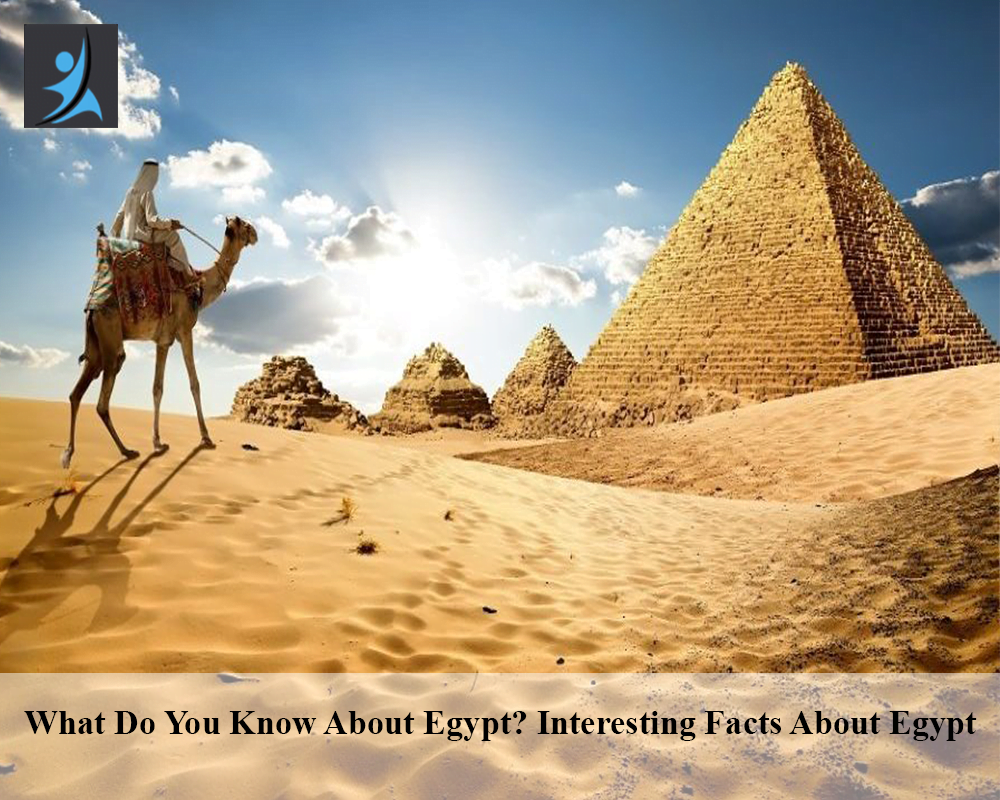Interesting Facts About Egypt Civilizations
What do you think about Egypt?. It’s home to one of the world’s most established civilizations and it’s positioned as the 29th biggest country on the planet with more than 82 million occupants. Numerous fantasies about visiting the Pyramids of Egypt and Interesting Facts of Egypt. Yet there’s more than Pyramids to investigate and see. Here are 10 intriguing realities about Egypt[1, 2]!
Situated on the upper east corner of Africa. Egypt is home to one of the world’s soonest and most prominent civilizations, with a brought together realm first surfacing around 3,200 B.C. With a populace assessed at more than 99 million, it is the most crowded country in the Arab world, and the third-most crowded country in Africa[1, 2].
Most monetary movement happens along the Nile River Valley, where a small measure of the country’s arable land lives along the banks of the world’s longest waterway. The travel industry, horticulture, and assembling are significant ventures. Social and political vulnerabilities have unfavourably influenced Egypt’s economy, easing back unfamiliar speculation and enterprises, for example, the travel industry[1].
1. Interesting Fact About Egypt Cleopatra:
Alongside King Tut, maybe no figure is more broadly connected with old Egypt than Cleopatra VII. Yet, while she was brought into the world in Alexandria, Cleopatra was entire of a long queue of Greek Macedonians initially plummeted from Ptolemy I, one of Alexander the Great’s most confided in lieutenants. The Ptolemaic Dynasty governed Egypt from 323 to 30 B.C., and the majority of its chiefs remained generally Greek in their way of life and sensibilities. Indeed, Cleopatra was renowned for being one of the main individuals from the Ptolemaic administration to communicate in the Egyptian language[3].
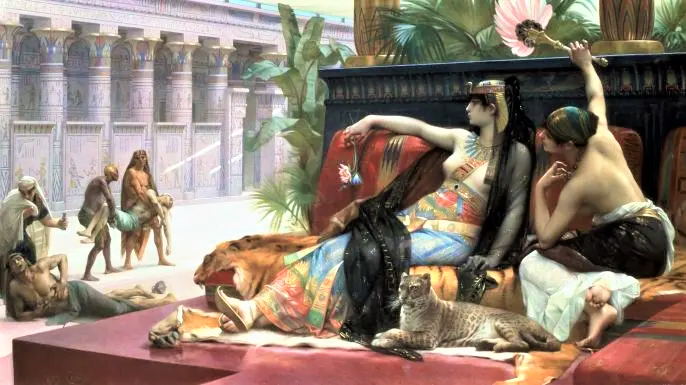
2. The Antiquated Egyptians Produced One of the Most Punctual Ceasefires on Record:
For more than two centuries the Egyptians battled against the Hittite Empire for control of terrains in cutting-edge Syria. The contention offered to ascend to a bleeding commitment like 1274 B. C’s. Battle of Kadesh, yet by the season of the pharaoh Ramses II neither one of the sides had arisen as an unmistakable victor. Both the Egyptians and Hittites confronting dangers from different people groups, in 1259 B.C[3].
Ramses II and the Hittite King Hattusili III arranged a popular truce. This understanding finished the contention and announced that the two realms would help each other in case of an attack by an outsider. The Egyptian-Hittite arrangement is presently perceived as one of the soonest enduring international agreements, and a duplicate can even be seen over the passage to the United Nations Security Council Chamber in New York[3].
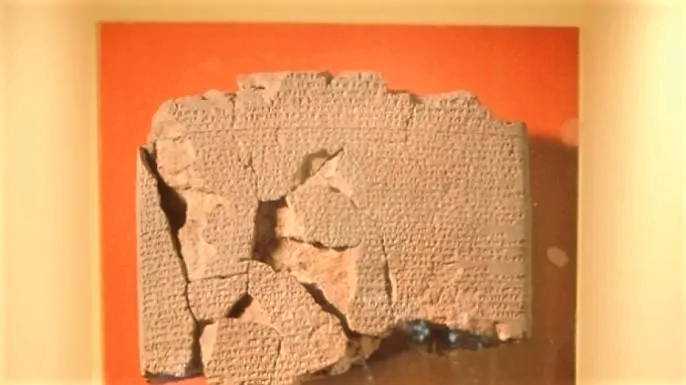
3. Antiquated Egyptians Cherished Tabletop Games:
Following a monotonous day’s worth of effort along the Nile River, Egyptians frequently lose by playing tabletop games. A few unique games were played, including “Mehen” and “Canines and Jackals,” however maybe the most famous was a round of chance known as “Senet.” This diversion goes back similarly to 3500 B.C. what’s more, was played on a longboard painted with 30 squares. Every player had a bunch of pieces that were moved along the board as indicated by moves of dice or the tossing sticks[3].
History specialists banter Senet’s accurate standards, yet there is little uncertainty of the game’s fame. Canvases portray Queen Nefertari playing Senet, and pharaohs like Tutankhamen even had game sheets covered with them in their burial places[3].
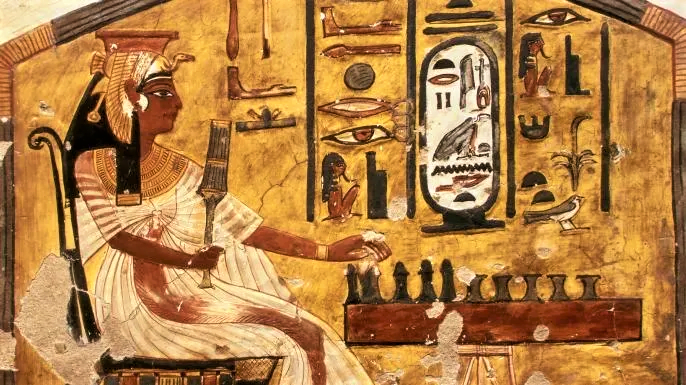
4. Egyptian Ladies Had a Wide Scope of Rights and Opportunities:
While they may have been freely and socially sawed as second rate compared to men, Egyptian ladies delighted in a lot of lawful and monetary autonomy. They could purchase and sell property, serve on juries, cause wills to, and even go into legitimate agreements. Egyptian ladies didn’t commonly work outside the home, however, the individuals who did normally got equivalent compensation for doing likewise occupations as men[3].
In contrast to the ladies of antiquated Greece, who were successfully possessed by their spouses, Egyptian ladies likewise reserved the privilege to separate and remarry. Egyptian couples were even known to arrange an antiquated prenuptial understanding. These agreements recorded all the property and abundance the lady had brought into the marriage and ensured that she would be made up for it in case of separation[3].
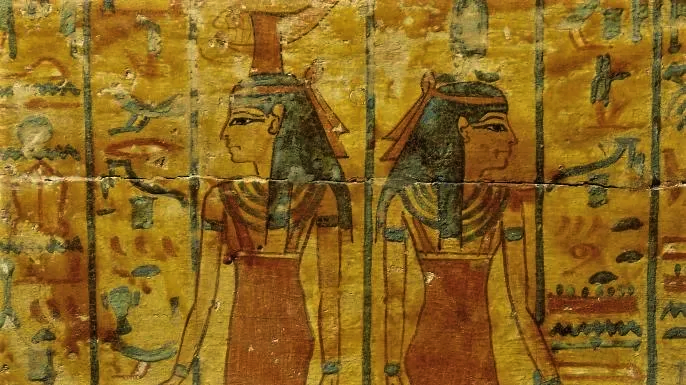
5. Egyptian Specialists Were Known to Arrange Work Strikes:
Even though they viewed the pharaoh as a sort of living god, Egyptian specialists were not hesitant to dissent for better working conditions. The most acclaimed model came in the twelfth century B.C. during the rule of the New Kingdom pharaoh Ramses III. At the point when workers occupied with building the imperial necropolis at Deir el-Medina didn’t get their typical installment of grain, they coordinated one of the initially recorded strikes ever. The dissent appeared as a demonstration: The laborers essentially entered close by funeral home sanctuaries and would not leave until their complaints were heard. The bet worked, and the workers were ultimately given their late proportions.
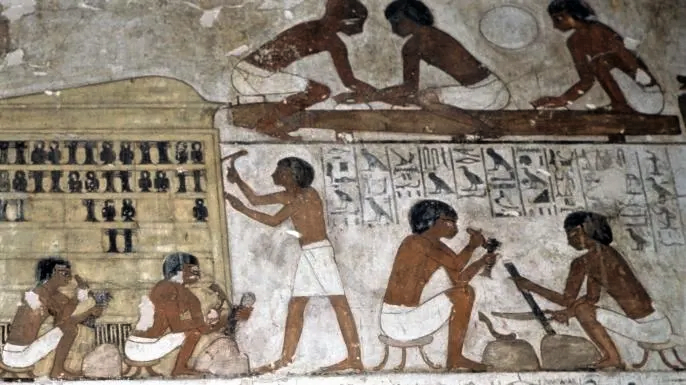
6. Egyptian Pharaohs Were Frequently Overweight:
Egyptian craftsmanship usually portrays pharaohs as being trim and graceful, however, this was no doubt, not the situation. The Egyptian eating regimen of lager, wine, bread, and nectar was high in sugar, and studies show that it might have decimated imperial waistlines. Assessments of mummies have shown that numerous Egyptian rulers were unfortunate and overweight, and even experienced diabetes. An outstanding model is the amazing Queen Hatshepsut, who lived in the fifteenth century B.C. While her stone coffin portrays her as thin and athletic, antiquarians accept she was really large and thinning up top[2, 3].
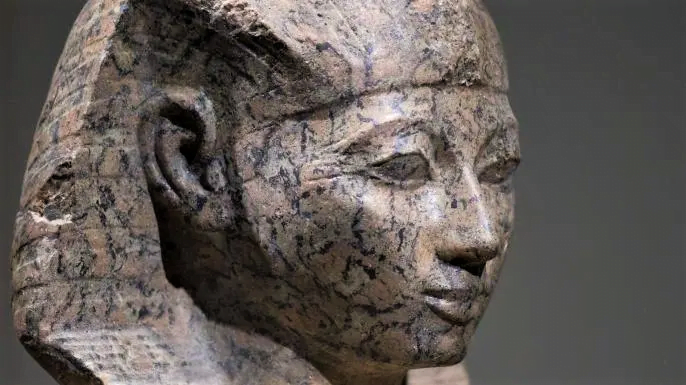
7. The Pyramids Were Not Worked By Slaves:
The Interesting Facts About Egypt existence of a pyramid manufacturer positively wasn’t simple skeletons of laborers normally give indications of joint pain and different diseases yet proof proposes that the monstrous burial chambers were assembled not by slaves but rather by paid workers. These old development laborers were a blend of gifted craftsman’s and impermanent hands, and some seem to have invested wholeheartedly in their specialty[3].
Spray painting found close to the landmarks proposes they regularly appointed comical names to their groups like the “Alcoholics of Menkaure” or the “Companions of Khufu.” The possibility that slaves assembled the pyramids at the break of a whip was first summoned by the Greek student of history Herodotus in the fifth century B.C., yet most antiquarians currently excuse it as a legend. While the antiquated Egyptians were unquestionably not loath to keeping slaves, they seem to have generally utilized them as field hands and homegrown workers[2, 3].

8. Lord Tut May Have Been Slaughtered By a Hippopotamus:
Shockingly little is thought about the existence of the kid pharaoh Tutankhamen, yet a few antiquarians accept they know how he passed on. Sweeps of the youthful ruler’s body show that he was treated without his heart or his chest divider. This exceptional takeoff from conventional Egyptian internment practice recommends that he may have endured an awful injury preceding his demise[3].
As indicated by a small bunch of Egyptologists, quite possibly the most probable reasons for this injury would have been a nibble from a hippopotamus. Proof shows that the Egyptians chased the monsters for the game, and sculptures found in King Tut’s burial chamber even portray him in the demonstration of tossing a spear. On the off chance that the kid pharaoh was attached to following perilous game, at that point his passing may have been the aftereffect of a chase turned out badly[3].
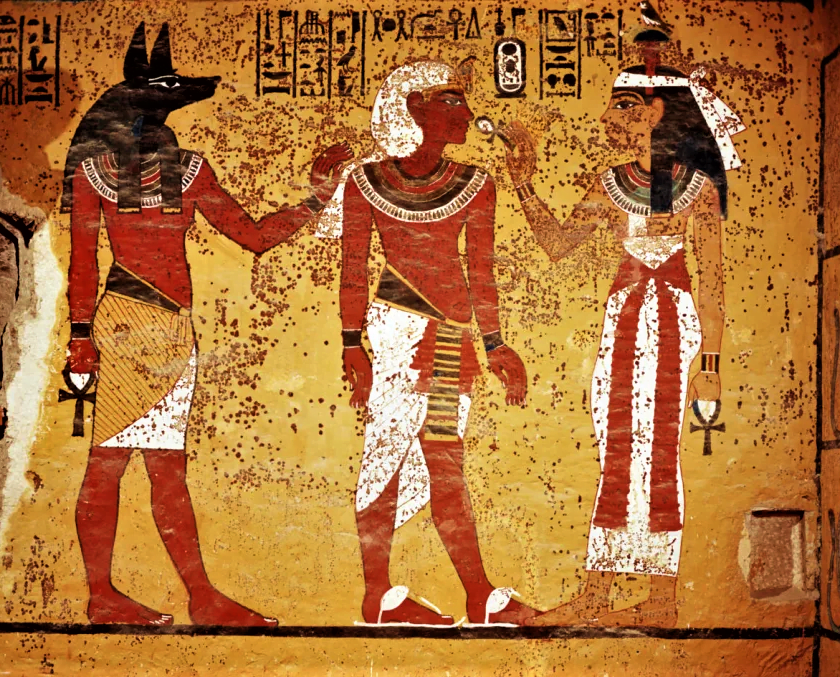
9. Some Egyptian Specialists Had Particular Fields of Study:
Another Interesting Facts About Egypt is that the old doctor was normally a handyman, yet proof shows that Egyptian specialists once in a while zeroed in on mending just a single piece of the human body. This early type of clinical specialization was first noted in 450 B.C. by the voyager and antiquarian Herodotus. Examining Egyptian medication, he expressed, “Every doctor is a healer of one sickness and no more… a portion of the eye, a portion of the teeth, some of what relates to the tummy.” These experts even had explicit names. Dental specialists were known as “specialists of the tooth,” while the term for proctologists in a real sense means “shepherd of the butt. [3]”
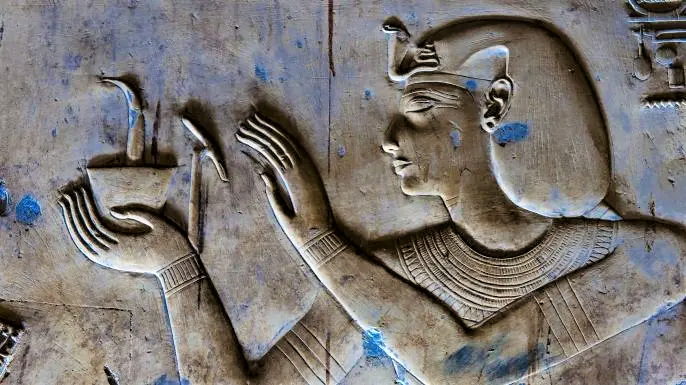
10. Egyptians Kept Numerous Creatures as Pets:
The Egyptians considered creatures to be manifestations of the divine beings and were one of the primary civic establishments to keep family pets. Egyptians were especially attached to felines, which were related to the goddess Bastet, yet they additionally had an adoration for birds of prey, ibises, canines, lions, and primates[3].
Large numbers of these creatures held an exceptional spot in the Egyptian home, and they were regularly embalmed and covered with their proprietors after they passed on. Different animals were exceptionally prepared to fill in as assistant creatures. Egyptian cops, for instance, were known to utilize canines and even prepared monkeys to help them when out on the lookout[3].
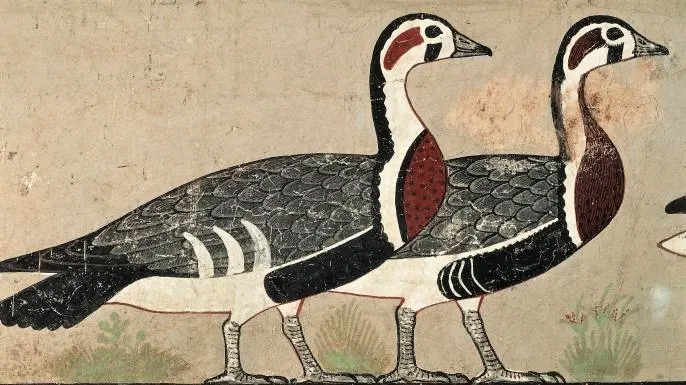
11. Egyptians of Sexes Wore Cosmetics:
Vanity is just about as old as human progress, and the antiquated Egyptians were no exemption. The two people were known to wear extensive measures of cosmetics, which they accepted assured them of the divine beings Horus and Ra. These beautifying agents were made by pounding metals like malachite and galena into a substance called kohl. It was then generously applied around the eyes with utensils made out of wood, bone, and ivory[3].
Ladies would likewise stain their cheeks with red paint and use henna to shading their hands and fingernails, and both genders wore aromas produced using oil, myrrh, and cinnamon. The Egyptians accepted their cosmetics had mysterious recuperating forces, and they weren’t altogether off-base: Research has demonstrated that the toxic beautifiers have worn along the Nile assisted fight with offing eye diseases[3].
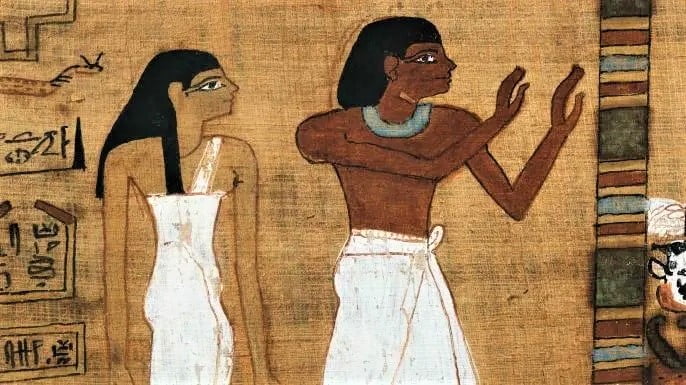
Conclusion:
All countries have their traditions and cultures that are preserved by the nation and they are presented at the specific date and day. For example, Muslims celebrate Eid-ul-Fitr after Ramadan, like this all the countries celebrate their culture. Egyptians have Pyramids which are very famous in the world and these were not made by slaves. I hope you enjoyed the post and read the special things about Egyptians. Please give your comment in the comment section below and share our posts with others to spread meaningful information. Also, subscribe to our newsletter to get the latest updates about the posts and facts.
References:
1. usnews. 12th February 2021; Available from: https://www.usnews.com/news/best-countries/articles/2019-09-17/10-interesting-facts-about-egypt.
2. swedishnomad. 12th February 2021; Available from: https://www.swedishnomad.com/interesting-facts-about-egypt/.
3. history. 12th February 2021; Available from: https://www.history.com/news/11-things-you-may-not-know-about-ancient-egypt.

